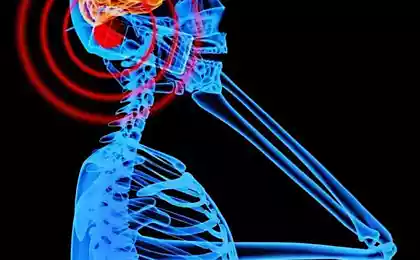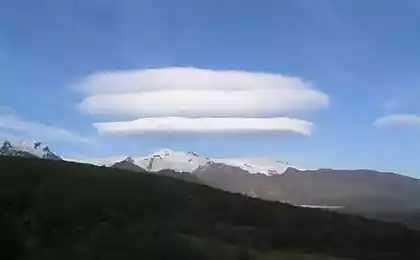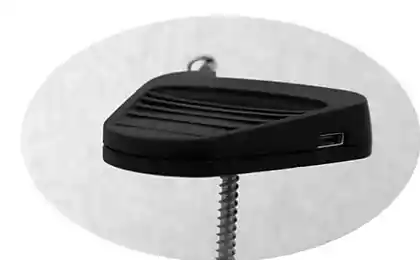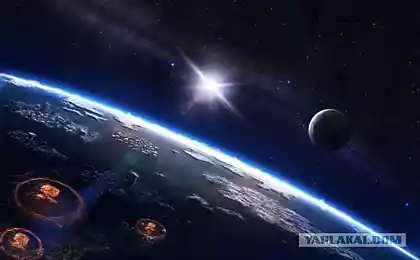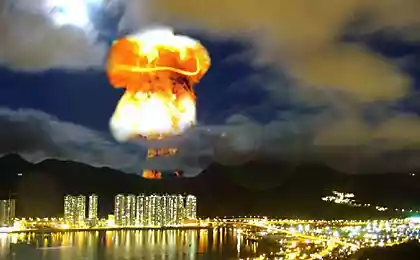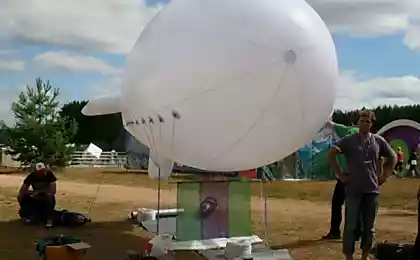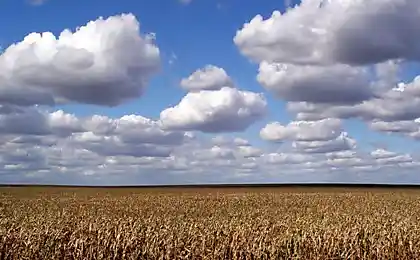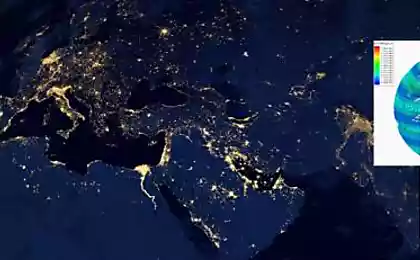903
It is an important step towards understanding the role of cosmic radiation in the formation of clouds
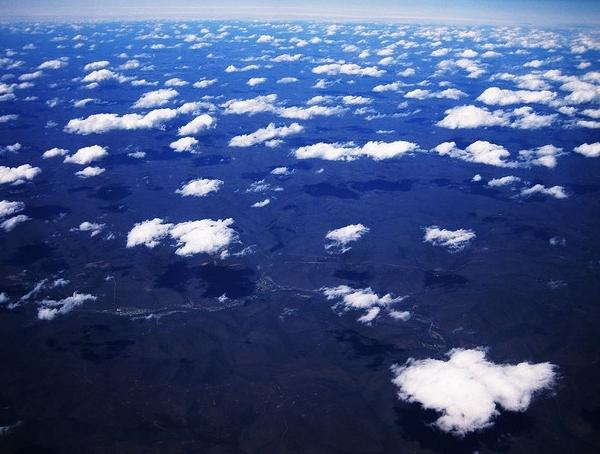
Experiments conducted by the European Organization for Nuclear Research (CERN), showed that cosmic radiation may take part in the formation of Earth's clouds, and thus has an impact on climate.
The charged particles continuously treated our planet. This is mainly protons are sent on a journey supernovae. Once in the atmosphere, they ionize volatile compounds, causing them to condense into aerosol. Around some of the particles form clouds. The intensity of the bombing vary depending on solar activity: the stronger the solar wind, the less cosmic particles reach the planet.
As far as the important role played by cosmic rays in the formation of clouds? On this score there are two points of view. One says that the increase in solar activity leads to a decrease in cloud cover and warming the planet. Another sees no statistical evidence to this effect.
Jasper Kёrkbi physicist from CERN points out that we are still very far from understanding those things that can give a definitive answer to the question under consideration. Moreover, the experiments devoted to the influence of cosmic radiation on atmospheric chemistry, carried nothing at all.
Researchers led by Mr. Kёrkbi filled chamber ultra clean air and added to it substances that contribute to the formation of clouds: water vapor, sulfur dioxide, ozone and ammonia. The chamber was then treated with protons from the accelerator, the Large Hadron Collider supply.
Preliminary results seem to indicate that cosmic rays produces a noticeable change in the atmosphere. High-energy protons increases the production of nanoscale particles is more than ten times. However, these particles are too small to serve as a basis for the clouds. "While we can not say anything about the impact of cosmic rays on cloud cover and climate, made a very important first step," - said Mr. Kёrkbi.
Representatives of both camps are happy to study and interpret it each in their favor. Experts do not consider themselves to any of the parties believe that the experiment has put more questions than answers.
Mr. Kёrkbi promises to continue their studies and try to create in the laboratory of real clouds. The researcher asks to wait for the new results five years.
In Scotland cloned wildcats
American scientists have estimated the amount of radioactive emissions from Fukushima

